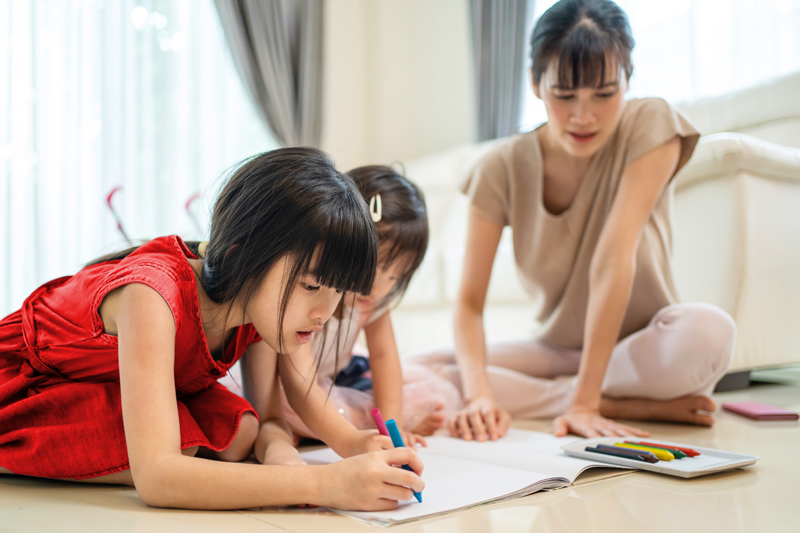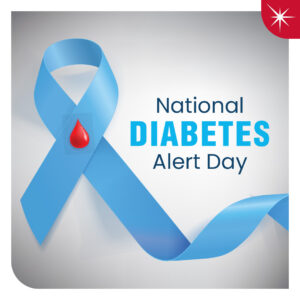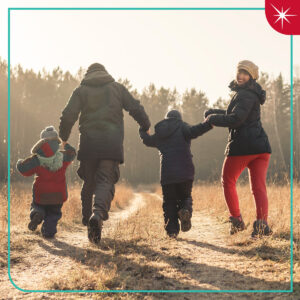Too often in today’s world, we face disasters, violence, and traumatic events. Social media and the daily news are full of stories that can be terrifying to all of us, especially children.
Talk to your child
Talking with your child can help ease their fears. It’s important to explain the event in words they can understand, and in a way that won’t overwhelm
them. As a parent, this gives you a chance to help your child feel more secure, express their feelings, and know the world in which they live.
An exercise to try: draw together
Ask your child to draw pictures of scenery that makes them feel peaceful and calm. Draw along with them or help them find places to put their drawings up around the house. This activity can offer your child a creative outlet, as well as give them something tangible they can do to make themselves or others feel safer.
Common reactions to traumatic events
There are many physical symptoms children might experience as their bodies and minds process trauma. These may include:
- Having trouble sleeping
- Lack of energy or always feeling tired
- Feeling sad
- Having stomachaches or headaches
- Feeling hyperactive or overly energetic
- Feeling very irritable or angry — fighting with friends or family for no reason
- Having trouble focusing on schoolwork
Be sure to talk with your doctor if these symptoms persist or begin to hurt your child’s relationships or performance in school.
- Resources
- National Child Traumatic Stress Network —Catastrophic Violence Resources at NCTSN.org/trauma
- Center for the Study of Traumatic Stress at CSTSonline.org




